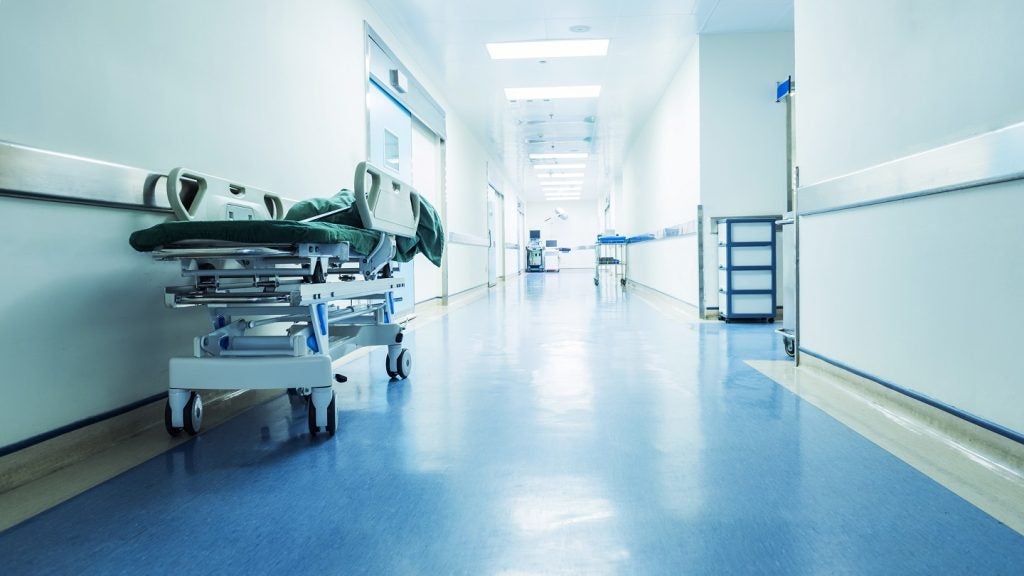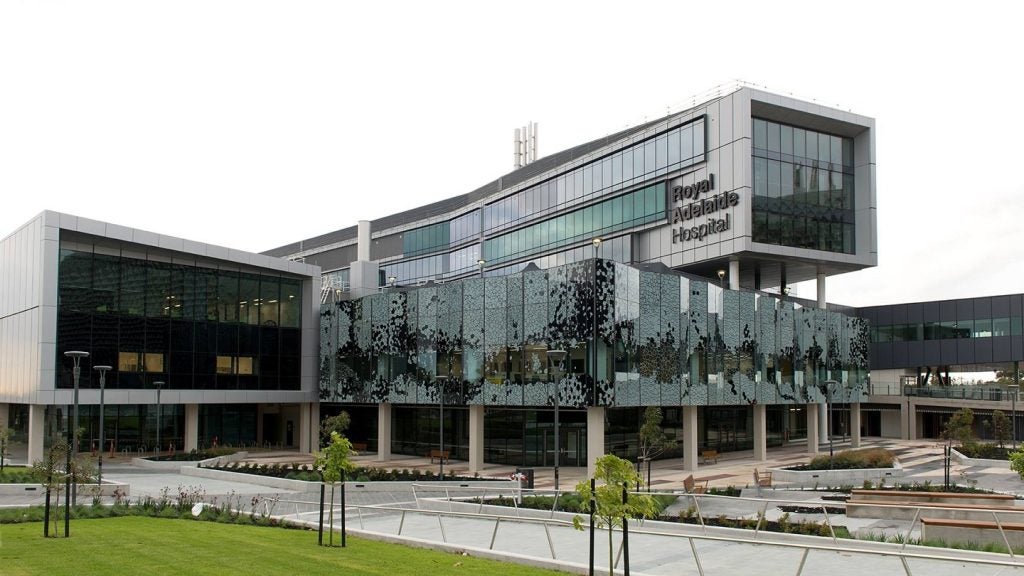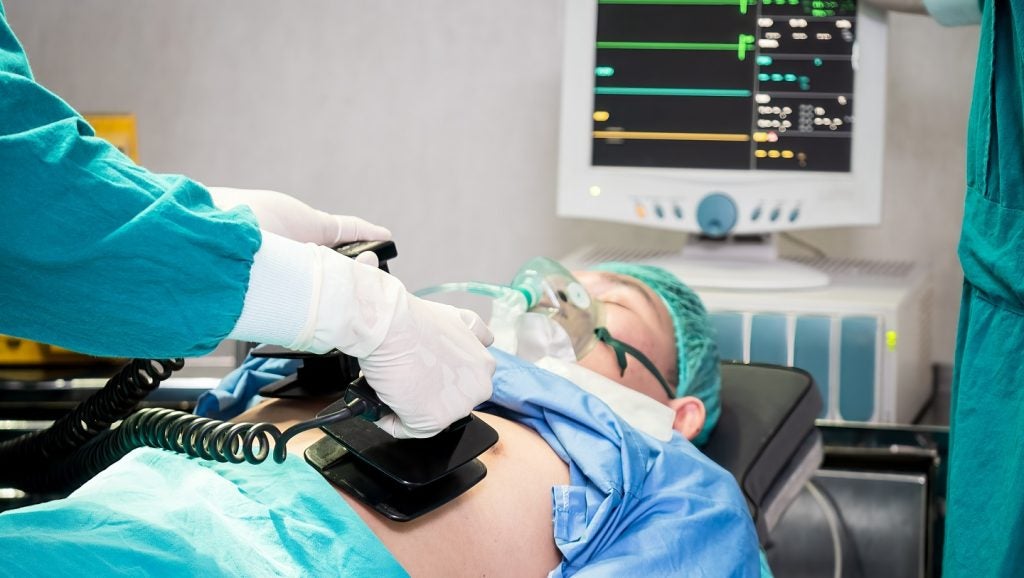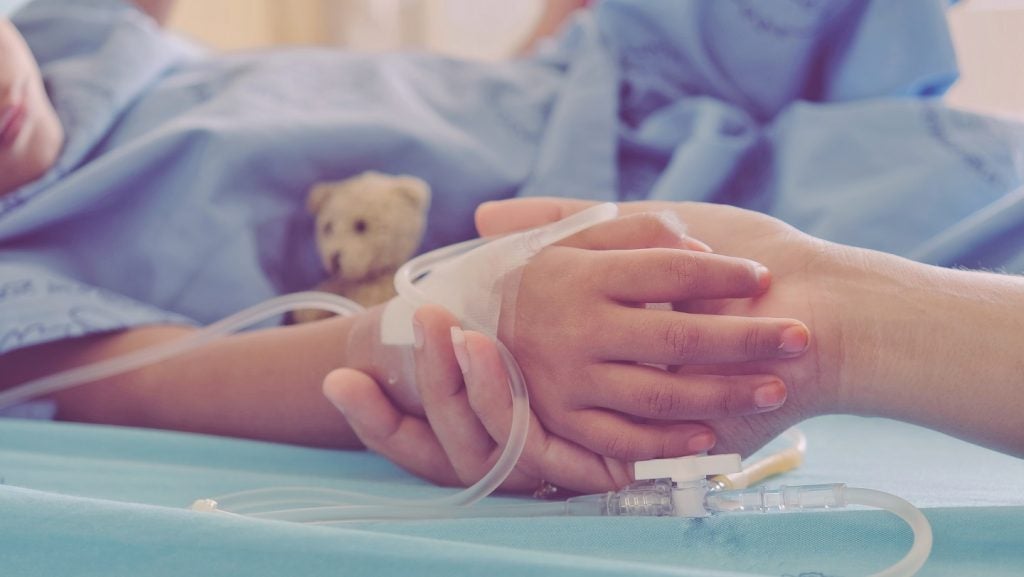The University Hospitals Birmingham NHS Trust (UHB) has appointed UK-based construction company Kier for the delivery of a three-year programme of capital projects.
With this move, the UHB aims to modernise and improve the efficiency of its estate by 2026.
Kier will lead the development and execution of the trust's estate strategy across its sites, including Good Hope Hospital, Heartlands Hospital, Queen Elizabeth Hospital, and Solihull Hospital.
The programme encompasses enhancements to the Princess of Wales Maternity Unit at Heartlands Hospital. These include upgrades to inpatient accommodations, major medical equipment, and minor works and maintenance.
Among the other works to be undertaken at the Princess of Wales Maternity Unit include the development of the Maternity Assessment Centre and scanning facilities, an induction suite, modifications to delivery rooms, and establishment of a new bereavement zone.
The upgraded inpatient ward will include ensuite facilities, replacement of fire doors, and enhanced access to plant rooms.
The latest partnership builds on the success of Kier’s work for the £97m Heartlands Treatment Centre, which was completed in November last year.
Kier Construction Eastern & Midlands regional director Tony Shenton said: “Following our successful delivery of the award-winning Heartlands Treatment Centre for UHB, we are delighted that the trust has again appointed Kier to deliver key works across their estate.
“Our extensive experience of creating state-of-the-art healthcare buildings will allow us to deliver upgrades that have an immediate impact on the quality of community healthcare.
“We look forward to continuing our successful relationship with the trust and supporting them to deliver excellent care for the community.”















